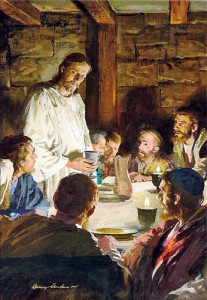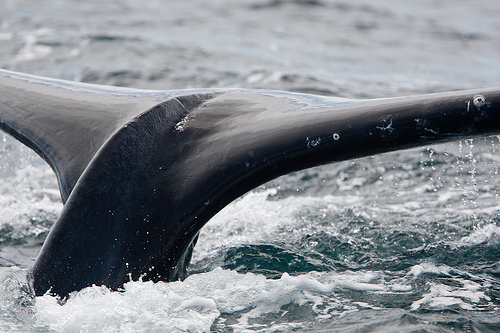I’m not Catholic. And yet in church when all heads are bowed I make the sign of the cross on my chest because somehow it feels holy and special like I am a part of a secret club. My Catholic friend Dawna invited me to attend her church once, and I gleefully knelt up and down and was practically giddy as I listened to the archaic priest-who-never-married repeat things in Latin. I proudly stand like a soldier when we repeat en masse the Doxology and the Lord’s prayer and I once sang in a baroque acapella group. So if you think this girl lives in a modern world you are SADLY MISTAKEN. My soul is trapped somewhere in the 1800s and really only get out to drink lattes and watch Netflix and buy fun little apps on my iphone. I love tradition, and things that are deeply rooted, and for this reason change is my adversary and I struggle breaking things apart that are long-lasting.
So when I see churches with names involving rocks and stones and new life and cafes in which people-drink-coffee-with-Jesus I get confused. Not because these are bad things. There is no bad as far as I’m concerned when it comes to worship and love and being in community with people who are trying to row the same direction. But I wonder how these churches will be able to build the type of roots that stretch deep through generations. How one who is impoverished and hungry and living in a broken-down shack in Ireland where everyone shares the pisshole and living on the dole get excited about coffee with Jesus like they do about First Communion. Because there’s something holy and sacred about traditions, and relics, and stories that have been handed down from King James and wafers on tongues and the body of Jesus, broken.
Last Sunday, I thought about bolting after the last hymn. After all, I had laundry to fold and errands to run and friends to text. The whole concept of communion is slow and old and antiquated. It’s times like these I wish I were drinking coffee with Jesus and singing praise songs on a Jumbotron. I sat there and wondered what this must look like to the outside world. Just a bunch of silly chaps eating bites of bread and taking grape juice shots in little plastic cups before noon. But I waited, because it’s rude to leave and I had nowhere really important to be. I waited while the choir sang and the little trays were passed around. I wondered if I had a missed text or if I’d eat leftovers for dinner, and I looked at the ushers going from row to row to row like they did every first Sunday of the month.
And then the tray was passed. The body of Jesus. I smiled and took it, which I knew was just a loaf of Hawaiian Original Sweet Round Bread from Kroger and wasn’t the literal body of Christ, but as I tore off a hunk and put it in my mouth something happened. It just cemented itself like a glob of peanut butter and I couldn’t choke it down. Try as I might it wouldn’t move, and tears welled up in my eyeballs as I sat there in my new hat wondering if I had any missed texts and whether I should have bolted after the last hymn.
I could feel thousands of years crash into one. Tradition came up deep like drawing water from a well, and I remembered the times as a child I waddled up to the communion rail and sat next to my father in a suit and the nights I cried and sobbed over the fact that the son of God had to suffer on our behalf and how deeply metaphorical and beautiful and special this last supper was so many years ago. And then the cup was before me and I drank the sweet juice and I felt small and humbled and so full of gratitude my hat couldn’t hold it all in so I held it down as I walked to my car and felt inextricably full.
I swallowed. Greedily my body devoured it. Hungrily my heart absorbed it. I accepted that love without feeling paralyzed by guilt or haunted by pain because it was freely given, and despite just being a loaf of Hawaiian Original Sweet Round Bread from Kroger it was the body of Christ after all, broken and torn and laid out for the redemption of sins.
—-
photo:
http://www.flickr.com/photos/waitingfortheword/5602245847/sizes/m/in/photolist-9x3YvD-9x3Ys8-9x6Yh7-9x3YtH-9x3YuH-9x6Ygw-9x6YfW-9x3Yu6-9x6YgL-9x6Yi1-9x3Ywn-9x6YgU-9x6Ygh-9x3YrH-9x3YvT-9x3Yun-9x3YrZ-9x3Ytz-9x3Yrx-9x6Ygs-9x3YtM-9x3Ywa-aWPv6e-dNiTEN-xfVBS-aa31Jj-7hob2i-asScmW-asSbDY-9qErJQ-azh1qr-3bN9e9-9rYS9M-9s2QiN-9rYRQP-6C3WyY-eUPpA9-FUyaf-9DTPeX-9qXbWg-4RbXLV-A5bAr-8sUosT-9x6YgA-9x3Yuz-9S1QCW-3rEUnT-QSCo4-dGyARJ-7BMWmN-7LZZav/















